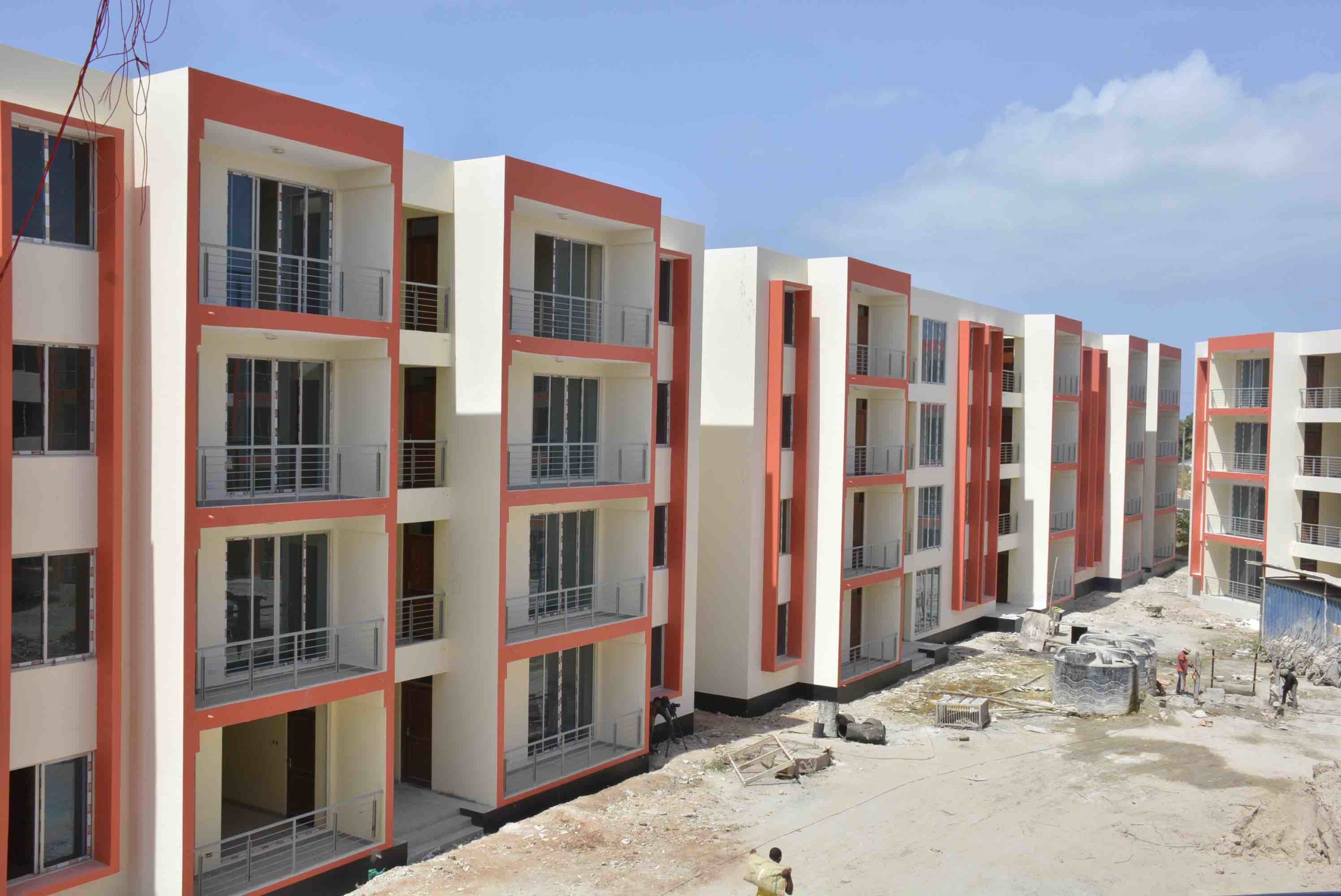- The Daily Brief, by The Kenyan Wall Street
- Posts
- Smoke, Taxes, and Controversy
Smoke, Taxes, and Controversy
Kenya's #1 newsletter among business leaders & policy makers
Hi there! It's Brian again.
In today's edition of ‘The Daily Brief’, BAT Kenya Denies KSh 9.6 Billion Tax Discrepancy After Investigative Report. Also, TransUnion Kenya Partners with FICO to Revamp Credit Scoring and the World Bank plus the Kenyan gov't plans to revamp the Nairobi Railway…
These…and more stories…
COMPANIES
BAT Kenya: Smoke, Taxes, and Controversy

BAT Kenya
BAT Kenya is under fire after an investigative report alleged it underreported revenue by KSh 9.6 billion, potentially dodging US$ 28 million in taxes. The report, compiled by The Investigative Desk, TCRG, and TJNA, claims discrepancies between BAT Kenya’s declared earnings and estimated sales figures. Investigators suggest missing millions could point to tax avoidance or even evasion, while BAT Kenya dismisses the claims as “baseless” and “speculative.” The company insists it follows all tax laws and reporting standards, accusing the report’s authors of miscalculations and flawed assumptions. With governments worldwide tightening the noose on Big Tobacco, this scrutiny couldn’t come at a worse time for BAT. Critics argue that tobacco profits should benefit Kenya’s public health, not just corporate coffers.
Bottom line? If there’s smoke, there might just be fire—Kenyan authorities now have a trail of missing millions to follow.
Today's Poll
Do you think Tobacco companies should pay higher taxes to enable public health initiatives? |
Yesterday's Poll Results
Do you think Kenya’s rising debt level is a cause for concern for the country’s economic future?
🟩🟩🟩🟩🟩🟩 Yes, it is worrying (82.93%)
🟨⬜️⬜️⬜️⬜️⬜️ No, it is manageable (17.07%)
FICO Joins TransUnion to Fix Credit Gaps

TransUnion Kenya CEO, Morris Maina and his African counterpart Lee Naik
TransUnion Kenya and FICO have joined forces to give Kenya’s credit system a much-needed glow-up, making it easier for lenders to spot risky borrowers and welcome the “invisible” ones into the financial fold. By blending FICO’s world-class scoring with TransUnion’s data-packed CreditVision, they’re sharpening credit risk assessment in a country where 95% of loans now happen with a few taps on a screen. So far, 19 lenders are all in on FICO scores, while 77 are still playing hard to get, weighing whether the 300-850 scoring system can help them dodge bad debts while growing their loan books. The real winners? MSMEs, which power 70% of Africa’s jobs but still struggle to get funding, leaving 30% of Kenyans stuck in financial limbo. A recent study found that while 84% of Kenyans have access to the financial system, only 36% feel they can actually get credit—like being invited to a party but denied a drink. Digital lenders and fintechs have made borrowing easier, but old-school credit models are still gatekeeping funds, a problem this power duo plans to fix.
Bottom line: Smarter scores, better loans—credit just got an upgrade!
INFRASTRUCTURE
Nairobi's Rail Revival: Expansion in Motion

The Nairobi railway
Nairobi’s rail system is getting a long-overdue facelift, with a World Bank-backed feasibility study kicking off in April 2025. Kenya Railways plans to expand the network from 35 to 53 stations, tackling congestion with better transit hubs and modern infrastructure. The first priority? Extending the high-traffic Nairobi-Ruiru route all the way to Thika. Future phases will breathe new life into lines like Nairobi-Ngong and Nairobi-Kiambu, with smarter ticketing systems on the way. The study will also lay the groundwork for transit-oriented development and upgraded commuter access roads.
Bottom line: Nairobi’s railway is on the contractor’s focus —time to get on board!
Kenya’s Office Market: Oversupply Meets Premium Demand

Office space
Kenya’s office market is feeling the pinch of oversupply, forcing a sharp drop in new developments for 2025. Despite this, demand for high-end, ESG-compliant Grade A offices remains strong, with occupancy rates exceeding 70% in Nairobi and Johannesburg. Flexible workspaces are booming, as SMEs and global firms seek "plug and play" setups instead of committing to long-term leases. While the rest of the world embraces remote work, Kenya’s in-office culture remains rock solid. The likes of KOFISI and Workshop17 are cashing in, managing 60,000 sqm of shared office space across Africa. In short, the market is crowded, but if you’ve got a prime office that’s green and glossy, business is still buzzing.
Bottom line : Oversupplied but not underserved—green, premium offices and flexible workspaces are where the money flows.
Explainer
🧐 What to watch today…
⏱️ Also Read
In looking for people to hire, you look for three qualities: integrity, intelligence, and energy. And if they don’t have the first, the other two will kill you.
Have a lovely evening!


